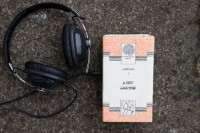
Writing for the improbable bookshelf
thebookseller.com – Monday May 14, 2018

I make stories for improbable bookshelves. I once came across this term in an Italo Calvino essay and I’ve held on to it ever since, as it so closely describes the way I work.
I recently wrote a new version of the Persephone myth, but it can’t be found in a bookshop or online. Persephone’s Footsteps is an altitude-responsive story and map that has to be carried on a journey through a city. As Persephone climbs higher – first to escape the Underworld and then to escape the polluted city streets – the listener must climb higher to reveal more of her story. At the moment, there is only one version of this work in existence. Is it scalable? Perhaps, but my real hope is that it’s my approach to writing that’s scalable – that writers might be inspired to explore new ways of writing, bringing enlivened approaches to literary forms.

How to write a book: 11 tips on creating a bestseller from published authors
cosmopolitan.com – Monday May 14, 2018

While it's easy to romanticise writing a novel on the side, knowing how to actually write a book and where the F to start can be a little daunting. Here, 11 published authors, who will be at Hay Festival between 24 May - 3 June, share their tips and tricks for starting your next masterpiece. And who knows? It might end up being a bestseller.

Use a Placeholder in Your Writing to Keep From Getting Stuck
lifehacker.com – Friday May 4, 2018

Sometimes the hardest part about writing isn’t finding ideas or knowing how to begin, it’s maintaining a flow so you actually finish what you started. It’s not quite total writer’s block since you’re already on the move, but a writer’s road block, if you will. This trick that Star Trek: The Next Generation staff writers used can help you keep on truckin’.
The writers of TNG were great at coming up with interesting plot lines for the crew of the Enterprise, but they weren’t actual scientists or experts in space travel. So, when that kind of stuff came up in the script, they often used a placeholder word for the science-y things and worried about fixing it later. Writer Ron Moore explains the process to Syfy:
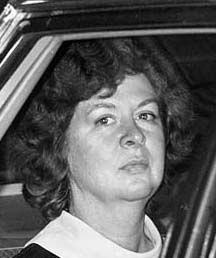
How did I get here? My Writer’s Journey from Reluctant Author to Movie Option
By Geri Spieler
Author
firstwriter.com – Sunday April 15, 2018

I have numerous requests asking me to write about my journey from a reluctant author to having a movie option for my book. It all startyed with a Tweet.
Here is how it goes:
I had no intention of writing a book. As I’ve said to many friends and strangers, I had no aspirations of being an author. Books take too long and are too difficult to write.
Well, we know that changed. It was a circumstance that turned me into an author. It began as a curiosity when I was approached by a would-be presidential assassin, Sara Jane Moore, the 45-year-old mother and doctor’s wife who pulled a gun from her purse, took aim and fired a bullet at the head of President Gerald Ford and missed his head by a mere six inches.
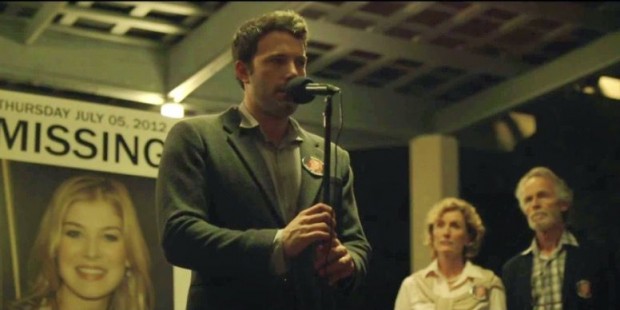
9 tips for writing your own murder mystery, from a published author
cosmopolitan.com – Monday March 26, 2018

So, you’ve got a great idea for a murder mystery novel – what do you do next? Writing a book can feel daunting, but if you're dead set (wahey) on writing a thriller, AJ Waines, number one bestselling author on Amazon, shares the inside know-how on getting that brilliant story out of your head and on to the page below.

Why You Should Write for Free
lifehacker.com – Tuesday March 20, 2018

If you want to write for a living, you should write for free. Hell, if you already do write for a living, you should write for free. And that free writing should be some of your best work.
Unless you’re already famous for something else, you’ll write for free before you write for money. And if you try to make it your living, you might spend the rest of your life trying to make your paid writing look more like your free writing. Here’s the writing you probably should do for free, and the writing you probably shouldn’t:

Odds and Ends: The false romance of writing
thepostathens.com – Monday March 19, 2018

A great book was written way back in 1918, then expanded on in 1959 and in other editions. The Elements of Style by William Strunk and E.B. White is essentially the Swiss army knife of writing – small and bland, but wildly useful when you need it. The book aside, the foreword written by Roger Angell, White's stepson, resounds with all writers: “Writing is hard, even for authors who do it all the time.”
There is a pretty big misconception about writing, and that is that it’s this romantic affair between the author and a blank piece of paper or an empty Word document. Media outlets make writing out to be some odd thing in which you go on a date with your words; in reality, it’s a long-term relationship in which you sit at opposite ends of the couch and argue over what to watch on TV.
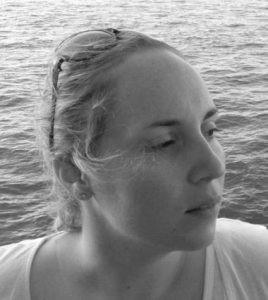
What is your writing goal? Digging into the real reason to write
montclairlocal.news – Saturday March 10, 2018

“So,” the literary magazine editor said, peering around the classroom at us over his wire-rimmed glasses. “As a writer, what’s the goal?”
We all glanced at each other and laughed nervously. This was the last formal class of a week-long writer’s retreat at the Martha’s Vineyard Institute for Creative Writing, and so far, it had been a dream.
For five whole days, I had done nothing but write, talk about writing and take classes about writing with 20 other people who also wanted to do nothing but write, talk about writing and take classes about writing. At night, we would sit around the kitchen of the seminar house, discussing our projects while the ocean breeze flowed through the open screens.
It was like the best summer camp ever. With wine.
But by Thursday morning we were starting to wilt.
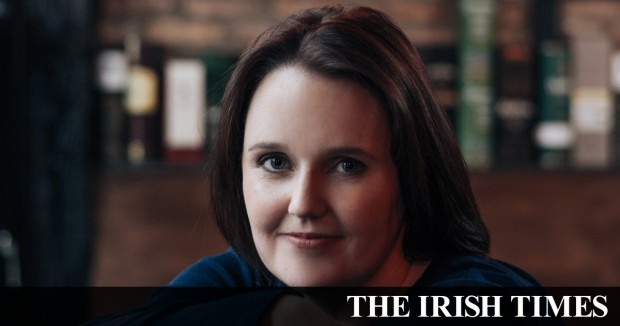
Writing a novel is hard but the story shouldn’t be. It should be your favourite thing
irishtimes.com – Friday March 9, 2018

It took me a long time to find the story I was able to tell. For years I carried around the seeds of something different – I had the characters, the setting, the incident that would kick the story off, but I could do nothing with it. I gave it time, poked it and prodded it but it was stale. A dead thing. It was only when I gave that up, turned away from it entirely and wrote something new, something closer to home, that I found my rhythm. I’ll never make that mistake again, try to create something that my head tells me I should write but for which I feel very little.
Writing a novel is hard, but it shouldn’t be hard in that way. What is hard is finding the time, fitting it around a day job and children. It’s hard too to build your confidence in your work when the first 20,000 words are, inevitably, rubbish. But the story itself shouldn’t be hard. The story should be your favourite thing. It should call to you in between making the lunches, doing the school drop, between the pages of other novels.
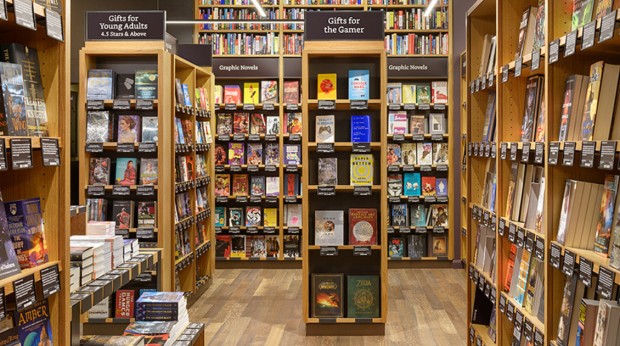
Traditionally Published Authors Want What Indies Have
goodereader.com – Friday March 9, 2018

When self-published authors like Amanda Hocking became book industry names, it was for reaching incredible sales figures on the fairly new Kindle e-reading platform. After reaching newsworthy levels of success, Hocking and others like her attracted the attention of literary agents and publishers looking to reach consumers. Experts would often question why an author who was already on the bestseller list would possibly be convinced to give a sizeable portion of their royalties; the answer was almost always the same: “I’m tired of being a businessman, I want to go back to being a writer.”
Get the free newsletter | Submit a news item or article | Get Writers' News for your website





